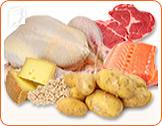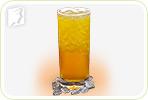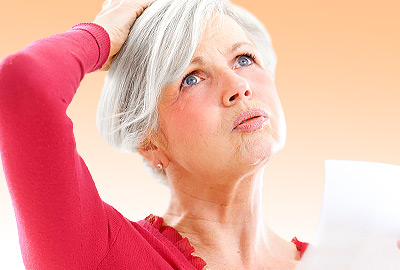
Hot flashes are one of the most common symptoms of menopause, and they can be quite disruptive and startling. They often occur suddenly and interfere with daily activities. As a result, many women seek help in managing them. Fortunately, there are several treatments that can help women reduce the discomfort of hot flashes. Read on to learn more about hot flashes and what to do about them.
How to Treat Hot Flashes
Here are three effective ways to reduce the frequency and severity of hot flashes:
- Lifestyle changes
- Alternative remedies
- Medications
Choosing a Treatment for Hot Flashes
These three approaches can be combined depending on a woman's symptoms, medical history, and personal preferences.
Lifestyle changes
Many women can begin treating their hot flashes by making simple adjustments to their daily routines. Such lifestyle changes don't carry any risks, and they are generally easy and inexpensive. It's always a good idea to start with the least risky treatment before considering other methods, such as prescription medication.
Lifestyle changes that can offer relief from hot flash episodes include:

Cutting back on caffeine. Caffeine is a stimulant that contributes to temperature instability.
Eating more complex carbohydrates. Foods such as oats, bran, and whole wheat help boost serotonin levels and are healthier than simple, refined carbohydrates.
Consuming more protein. Foods rich in amino acids - such as lean meat, fish, and dairy products - are an integral part of a healthy diet.
Making time for friends and family. Spending time with loved ones boosts levels of oxytocin, a feel-good hormone that counteracts negative feelings and lessens the effects of declining estrogen levels.
- Exercising regularly. Relaxing exercises, such as yoga and Pilates, not only improve overall self-image and health, but also reduce stress and balance hormone levels, thereby reducing hot flashes.
Herbal remedies
Lifestyle changes can have very beneficial effects on your overall health. However, not all of these will directly target the hormonal imbalance that causes hot flashes. It is recommended to combine lifestyle changes with alternative treatments like herbal supplements. Herbal supplements are the most common form of natural treatment for hot flashes, and some are effective at addressing hormonal imbalances during menopause.
Prescription medication
Another option is hormone replacement therapy (HRT), in which external hormones are introduced to the body to compensate for estrogen loss during menopause. Although HRT can be effective, it can be dangerous and puts women at a greater risk for developing cancer and heart disease. As a result, more and more women are seeking alternative forms of treatment before resorting to more drastic ones.
For more information on hot flashes and how to manage them, follow the links below.
Sources
- National Health Service UK. (2015). Hot flushes: how to cope. Retrieved January 22, 2016, from http://www.nhs.uk/Livewell/menopause/Pages/hot-flushes.aspx
- Sikon, A. & Thacker, H. (2004). Treatment for Menopausal Hot Flashes. Cleveland Clinic Journal of Medicine, 71(7).
- Weir, E. (2004). Hot flashes ... in January. Canadian Medical Association Journal, 170(1), 39-40. Retrieved from http://www.ncbi.nlm.nih.gov/pmc/articles/PMC305309/



